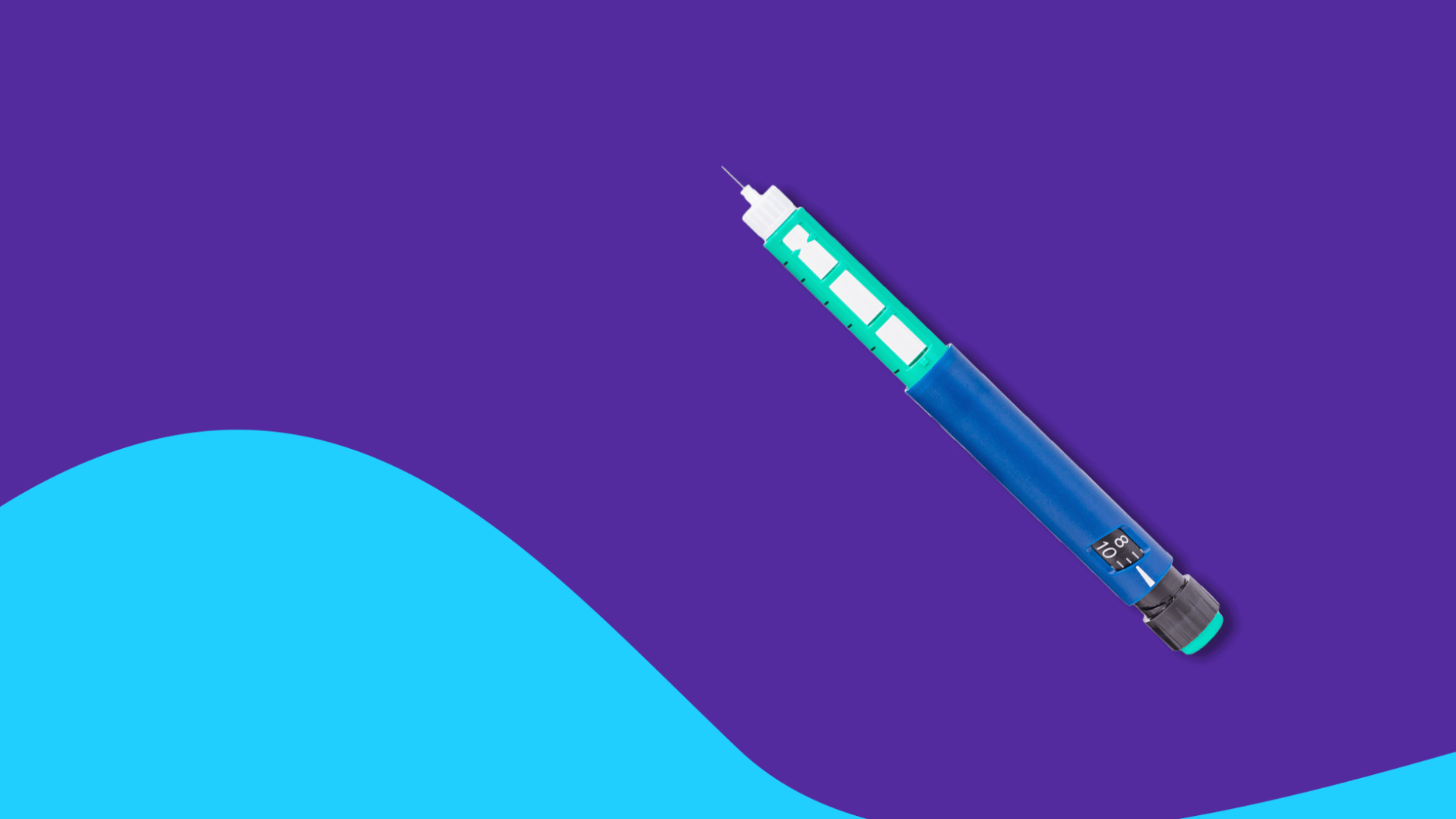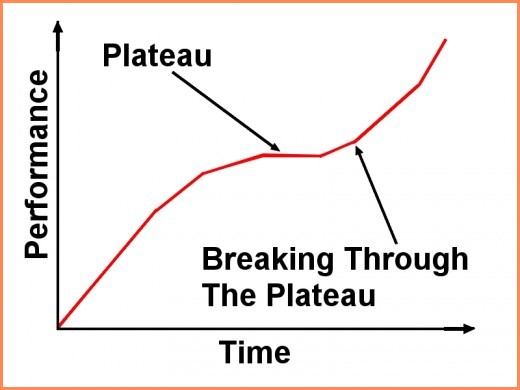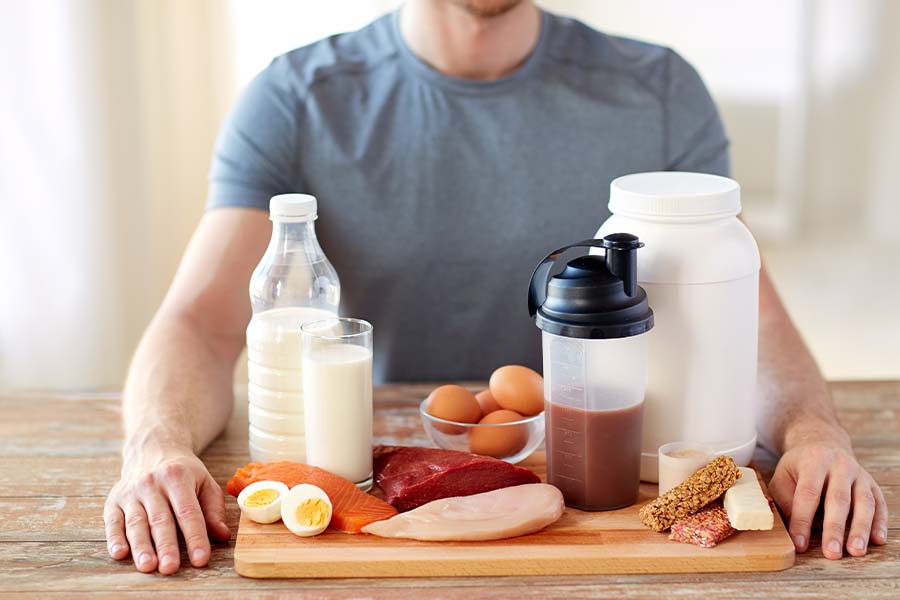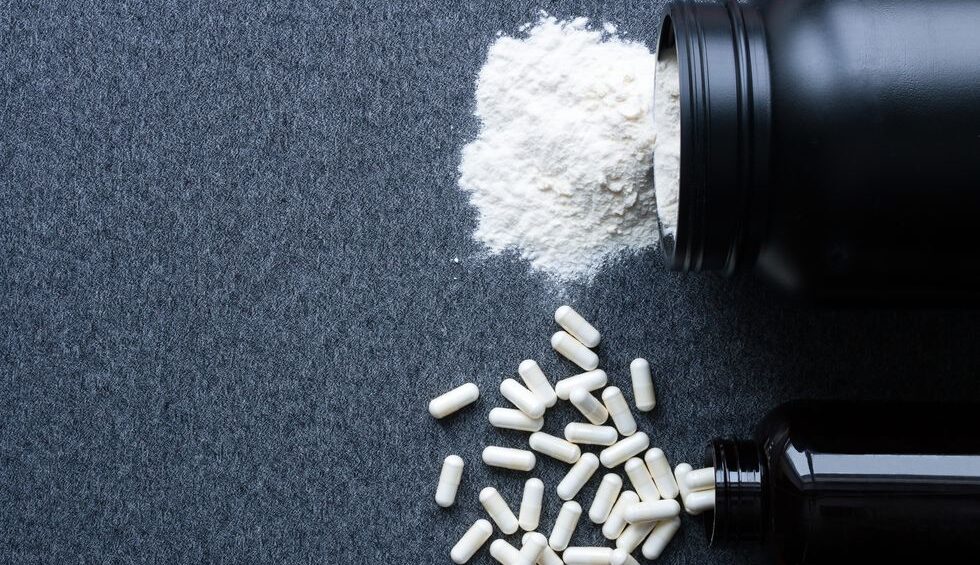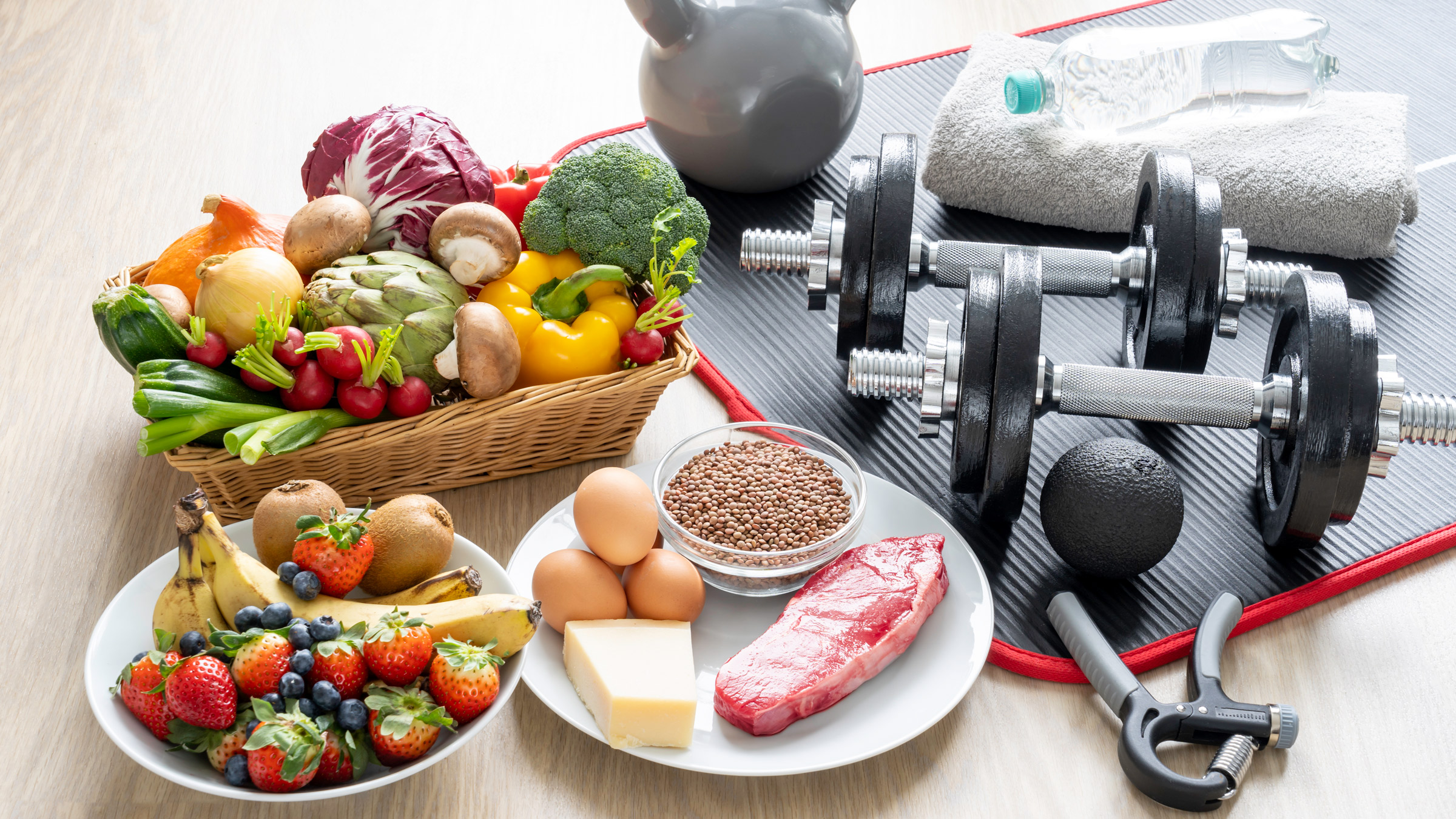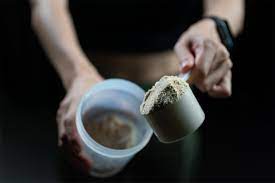Harnessing the Power of HGH for Effective Weight Management

In the dynamic world of health and fitness, individuals are constantly seeking innovative solutions for effective weight management. Human Growth Hormone (HGH) has emerged as a promising ally in this journey. In this article, we explore the intricate relationship between HGH and weight management, shedding light on how this natural hormone can be a game-changer in achieving and maintaining a healthy weight.
Metabolism Boost: HGH plays a pivotal role in regulating metabolism, influencing how the body converts food into energy. Increased HGH levels are associated with a heightened metabolic rate, facilitating more efficient calorie burning. This metabolic boost becomes a valuable asset for those aiming to shed excess weight.
Fat Loss and Lean Muscle Development: HGH contributes to the breakdown of fats, promoting fat loss while simultaneously supporting the development of lean muscle mass. This dual action results in a more favorable body composition, helping individuals achieve a toned and sculpted physique.
Appetite Regulation: Beyond its impact on metabolism, HGH also influences appetite. Studies suggest that optimal HGH levels can contribute to better appetite regulation, reducing cravings and promoting healthier eating habits. This aspect is particularly beneficial for those looking to manage their weight effectively.
Enhanced Energy Levels: Weight management often involves changes in lifestyle, including increased physical activity. HGH, with its role in energy metabolism, can provide individuals with enhanced energy levels, making it easier to engage in regular exercise and maintain an active lifestyle.
Long-Term Impact on Weight Maintenance: HGH’s influence on metabolism and body composition extends to long-term weight management. By addressing the underlying factors contributing to weight gain, HGH offers a comprehensive approach that goes beyond short-term solutions.
In conclusion, the link between HGH and weight management opens up new possibilities for individuals striving to achieve their fitness and wellness goals. From boosting metabolism to influencing appetite and promoting fat loss, HGH emerges as a multifaceted ally in the journey towards effective weight management. Consider exploring the potential benefits of HGH for a holistic approach to achieving and maintaining a healthy weight.
Find HGH Injectables here: https://gearmaniac.ai/?s=hgh&post_type=product


